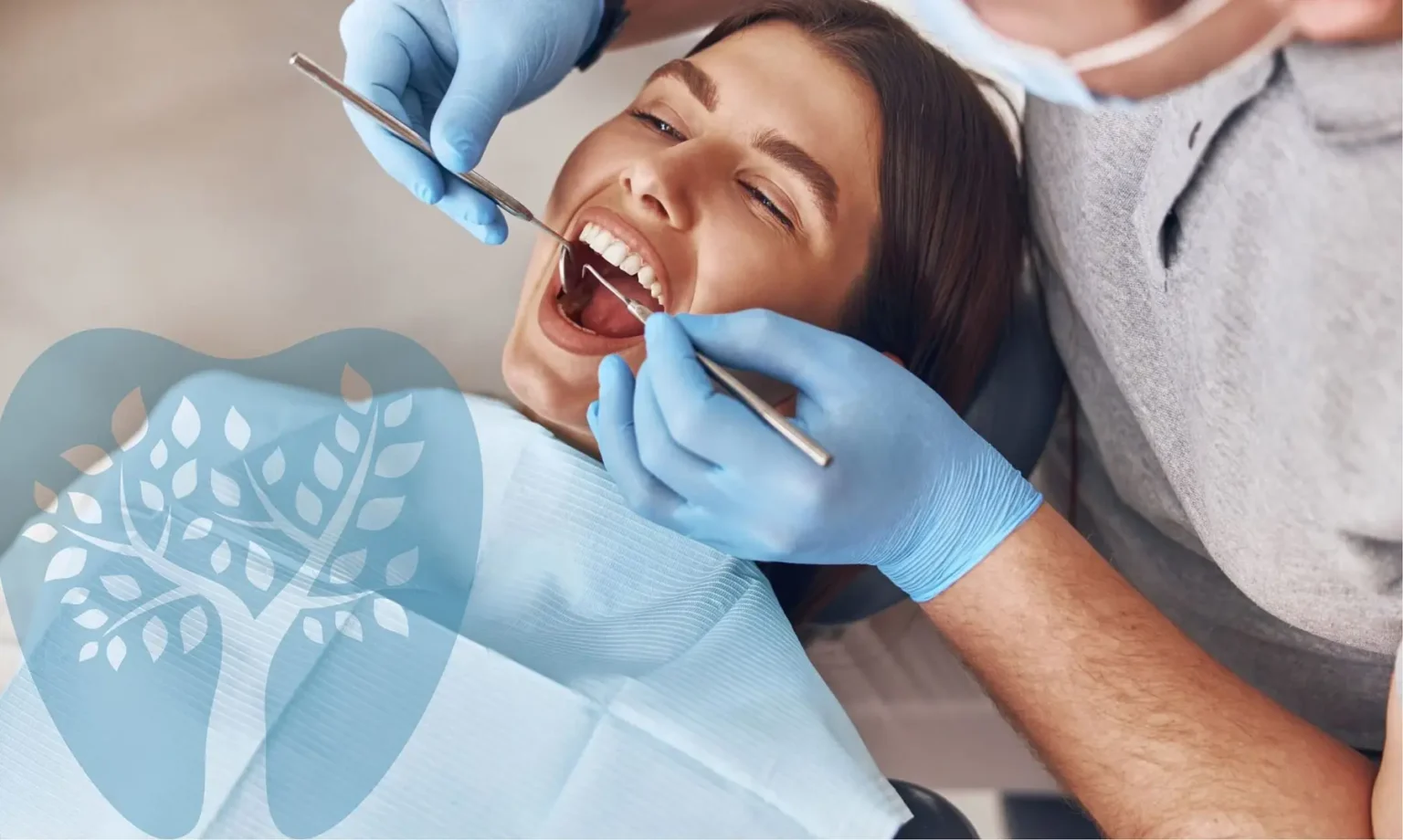Maintaining a healthy smile goes beyond just brushing your teeth every day. Preventive dental care is the foundation of good oral health, and it plays a crucial role in avoiding common dental problems such as cavities, gum disease, and tooth loss. The good news? By following some simple tips and routines, you can enjoy a lifetime of healthy, beautiful teeth.
What is Preventive Dental Care?
Preventive dental care refers to practices and treatments designed to prevent dental issues before they occur. Rather than waiting for problems to arise, preventive care aims to keep your teeth, gums, and mouth in top condition through regular check-ups, professional cleanings, and healthy habits.
By focusing on prevention, you can save time, money, and stress in the long run while keeping your smile bright and healthy.
The Basics of Preventive Dental Care
- Brush Your Teeth Properly
Brushing your teeth is the most fundamental aspect of preventive dental care. It removes food particles, bacteria, and plaque—the sticky film that can build up on your teeth and lead to cavities and gum disease. Here are a few brushing tips:- Brush at least twice a day, especially after meals and before bed.
- Use a fluoride toothpaste to help prevent tooth decay.
- Use a soft-bristled toothbrush and brush for at least two minutes.
- Don’t forget to brush your tongue, as bacteria can accumulate there as well.
- Floss Daily
Flossing is equally important as brushing when it comes to preventing dental issues. It helps remove food particles and plaque from areas between your teeth that a toothbrush can’t reach. Make sure to floss gently and correctly, sliding the floss between your teeth and under the gumline to avoid damaging your gums. - Use Mouthwash
Mouthwash is a great addition to your oral hygiene routine. It helps reduce bacteria, freshens your breath, and can aid in remineralizing teeth. Opt for an alcohol-free mouthwash with fluoride for added protection against cavities. - Regular Dental Check-ups and Cleanings
Even if you brush and floss regularly, professional dental check-ups are essential. A dentist can detect early signs of dental problems, such as cavities, gum disease, or oral cancer, before they become more serious. Regular cleanings remove plaque and tartar that can’t be eliminated with brushing and flossing alone, keeping your teeth healthy and free of buildup. - Protect Your Teeth with Sealants
Dental sealants are a preventive treatment used to protect the chewing surfaces of your back teeth, especially molars, from cavities. These thin, protective coatings fill in the grooves of your teeth and prevent food particles and bacteria from settling into them. Dental sealants are particularly useful for children and teenagers but can be applied to adults as well.
Healthy Habits for Strong Teeth
- Eat a Balanced Diet
A nutritious diet is key to strong, healthy teeth. Foods rich in calcium, like dairy products, leafy greens, and fortified non-dairy alternatives, help build strong tooth enamel. Foods high in fiber, such as fruits and vegetables, can help scrub your teeth and stimulate saliva production, which helps neutralize acids and prevent tooth decay. Limit sugary foods and drinks, as they contribute to plaque buildup and increase the risk of cavities. Carbonated sodas, in particular, can erode tooth enamel, so it’s best to consume them sparingly. - Stay Hydrated
Drinking plenty of water throughout the day is essential for oral health. It helps rinse away food particles, dilute acids in your mouth, and keep your mouth moist. Drinking water also promotes saliva production, which is vital for neutralizing acids and keeping your teeth healthy. - Avoid Smoking and Tobacco Use
Smoking and chewing tobacco can lead to a range of oral health issues, including gum disease, tooth discoloration, and even oral cancer. The chemicals in tobacco products also contribute to bad breath and can stain your teeth permanently. Quitting smoking or tobacco use can significantly improve your oral health and overall well-being. - Limit Acidic Foods and Beverages
While citrus fruits and soda are often seen as refreshing, they can be harmful to your teeth if consumed too frequently. Acidic foods and drinks can erode tooth enamel, making your teeth more susceptible to cavities. If you do consume acidic foods or drinks, try to rinse your mouth with water afterward or wait at least 30 minutes before brushing your teeth. - Wear a Mouthguard for Sports
If you’re involved in sports, particularly contact sports, wearing a mouthguard is essential for protecting your teeth from injury. A properly fitted mouthguard can prevent cracked, chipped, or knocked-out teeth and also help protect your gums and jaw.
The Importance of Early Intervention
Preventive dental care isn’t just about maintaining good habits—it’s also about catching potential problems early. The earlier you detect and address dental issues, the less likely they are to develop into more serious and expensive problems. For instance, a small cavity can be treated with a simple filling, but if left untreated, it could lead to an infection that requires a root canal or tooth extraction.
Regular dental check-ups allow your dentist to monitor your oral health and provide timely treatment, which can help you avoid invasive procedures down the road.
Benefits of Preventive Dental Care
- Saves Money: Preventive care can save you from costly treatments later on. By addressing small issues early, you can avoid expensive procedures like root canals or tooth replacements.
- Keeps Your Smile Bright: With regular check-ups, cleanings, and proper oral hygiene, you’ll enjoy a healthier, whiter smile.
- Prevents Pain and Discomfort: Many dental problems, like cavities and gum disease, can cause pain and discomfort if left untreated. Preventive care helps keep these issues at bay.
- Promotes Overall Health: Oral health is linked to overall health, and preventive dental care can help reduce the risk of developing other health conditions like heart disease, diabetes, and respiratory infections.
Conclusion
Preventive dental care is your first line of defense against oral health problems. By establishing a solid oral hygiene routine, scheduling regular dental visits, and maintaining a healthy lifestyle, you can enjoy a lifetime of healthy smiles. Remember, the key to great dental health is consistency. With the right care, your teeth will remain strong, beautiful, and functional for years to come. Make preventive dental care a priority, and your smile will thank you!









